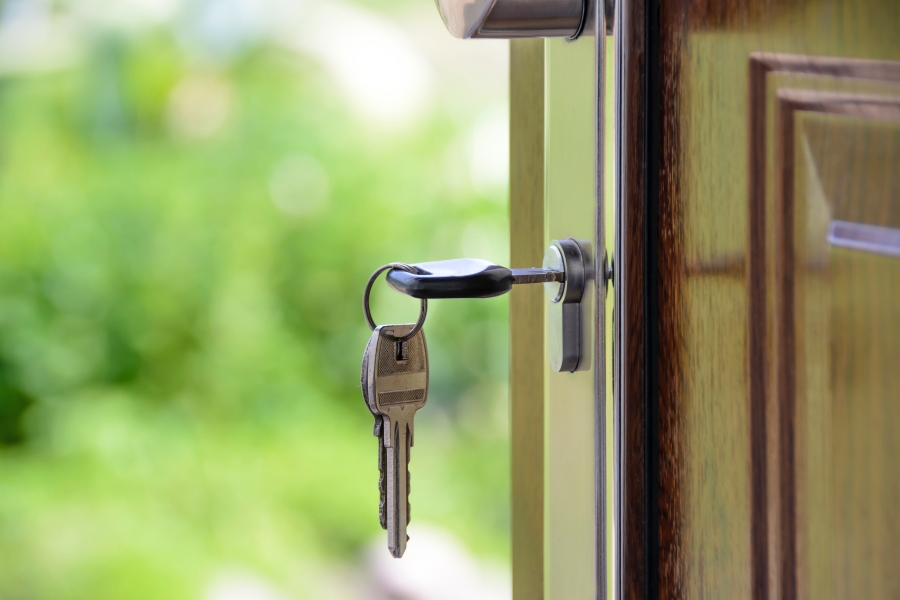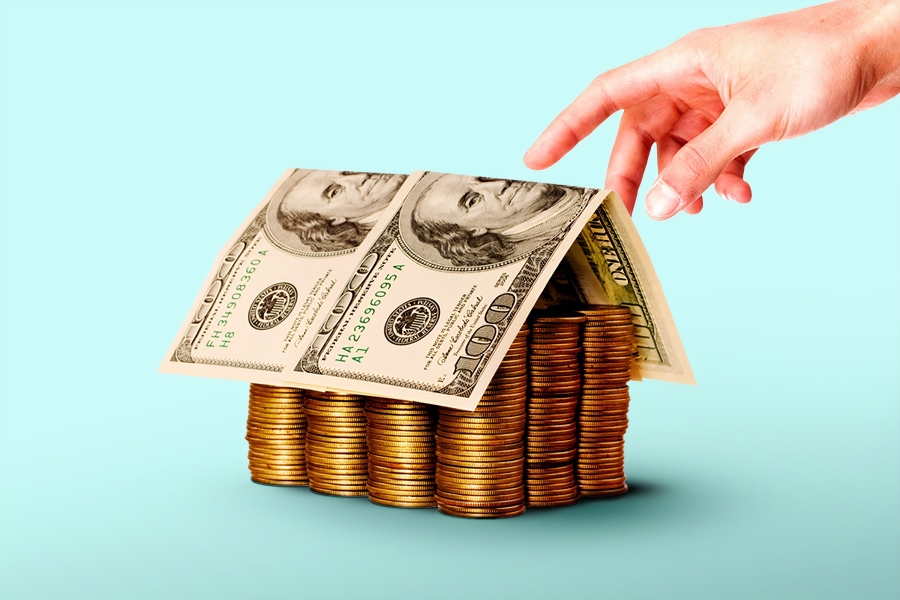In a matter of weeks, the lives of so several have changed in ways they had never imagined. People can no longer meet, shop, work, eat, and socialize as they used to. The working world moved quickly from business as typical to cautious travel, office closures, and work from house mandates.
Rather than traveling and going out to eat at restaurants, customers across the world are tightening their purse strings to spend on essentials, medicine, primarily food, and home supplies, as well as getting these delivered much more frequently.
Physical distancing has changed the way people inhabit and interact with physical space, and the knock-on impacts of the virus outbreak have made the demand for many kinds of space go down, maybe for the first time in modern memory.
This has created an unprecedented crisis for the real estate industry.
Beyond the instant challenge, the longer this crisis persists, the more probably we’re to see transformative and lasting changes in behavior.
To respond to the current and urgent threat of coronavirus, and to lay the groundwork to deal with what can be permanent changes for the industry after the crisis, real estate leaders must take action now.
Several will centralize cash management to concentrate on efficiency and change how they make portfolio and capital expenditure decisions. Few players will feel an even great sense of urgency than before to digitize and provide the best and more distinctive, tenant, and client experience.
And, as the crisis affects commercial tenants’ ability to make lease payments, several operators will need to make a lot of decisions for specific situations instead of making just a few, broad-based portfolio-wide decisions.
The following are some impacts of the pandemic on the real state.

Price Factor
The quote that there is no place like home is not so heart-warming maybe, these days. After all, most of us have been locked down in our home and apartment for a long time. The COVID-19 pandemic will, however, do more than changing the way we can feel about our houses.
It has the potential to have a large effect on property markets about the world.
It’s obvious that with huge unemployment, business failures, wage cuts, various people are probably to be cautious about making the investment of their lives buying a house.
Normally that leads to falling home prices, and during the last recession and credit crunch that’s what we saw in the United Kingdom, United State and many other countries.
The coronavirus made people buy a new home
In the UK, the Nationwide house price index for May showed that prices fell 1.7 percent from the previous month, the large decline for 11 years. But there’re signs, it will begin to stabilize. It is because the present situation isn’t the usual economic downturn.
Instead, the United Kingdom government such as others around the world consciously decided to put much of the economy on hold. This was at the same time as putting in place a host of measures for supporting households and businesses like the worker furloughing scheme.
The hope is that as lockdown restrictions will get lifted, economies and housing markets will bounce back. This means that the immediate issues have been pushed on to landlords and the banks.
Particularly as the United States unemployment rate remains sky higher since the coronavirus lockdown – 13.3 percent in May, albeit down from 14.7 percent in April. However, behind those headline figures, there’re other forces at work on the property sector.
Several of us have suddenly realized that we can work from home and avoid the commute and the office, and this’s having an influence on the market.

The immediate challenge
Over the past many years, real estate investments have generated steady cash flow and return importantly above traditional sources of yield like corporate debt with slightly more risk. Since the virus outbreak, however, this reality has changed, and real estate players are hit difficult across the value chain.
Service providers are struggling to mitigate health risks for their workers and clients.
Several developers cannot obtain permits and they face construction delays, stoppages, and potentially shrinking rates of return. Meanwhile, several asset owners and operators face drastically reduced operating income, and almost all are nervous about how many tenants will struggle to create their lease payments. Concession or abatement are the words of the day, and players are working quickly to figure out for whom they apply and how much.

Behavioral changes that may outlive the crisis
Real estate owners and operators across almost each asset class are considering many potential longer-term impacts of the COVID-19 outbreak and the needed changes that these shifts are likely to bring.
For instance, within commercial office space, the multiyear trend toward densification and open-plan layouts can reverse sharply. Public-health officials can increasingly amend building codes for limiting the risk of future pandemics, potentially affecting standards for HVAC, square footage per person, and the amount of enclosed space.
At the same time, as baby boomers age into the sweet spot for independent and assisted living, fear of viral outbreaks such as COVID-19 can prompt them to stay in their current houses longer.
It’s possible that the demand for senior living assets can dampen, or the product can change altogether to meet new preferences for further physical space and more-intensive operational requirements. It’s possible that senior-living facilities can prove they are better able to handle viral outbreaks, accelerating demand.
How leading real estate owners and operators are navigating the crisis
While the longer-term consequences are tough to predict, the instant market consequences of the COVID-19 crisis have been made clear.
The public market sell-off in certain real estate kinds is nothing short of dramatic. All companies, public and private, are working difficult to navigate the instant crisis with respect to staff, tenants, and end-users of space while facing difficult business trade-offs.
Most industry leaders seek for striking the right balance between capital preservation and more strengthening their competitive differentiation.

Do you want expert real estate guidance during this pandemic?
YMA Wealth Management has always believed it is a duty to help others improve their lives through our activities in homeownership and profitable real estate investment ventures. During these difficult times of COVID-19, we are the real estate experts involved in some of the most notable real estate projects in the world.
Give us a call today:

